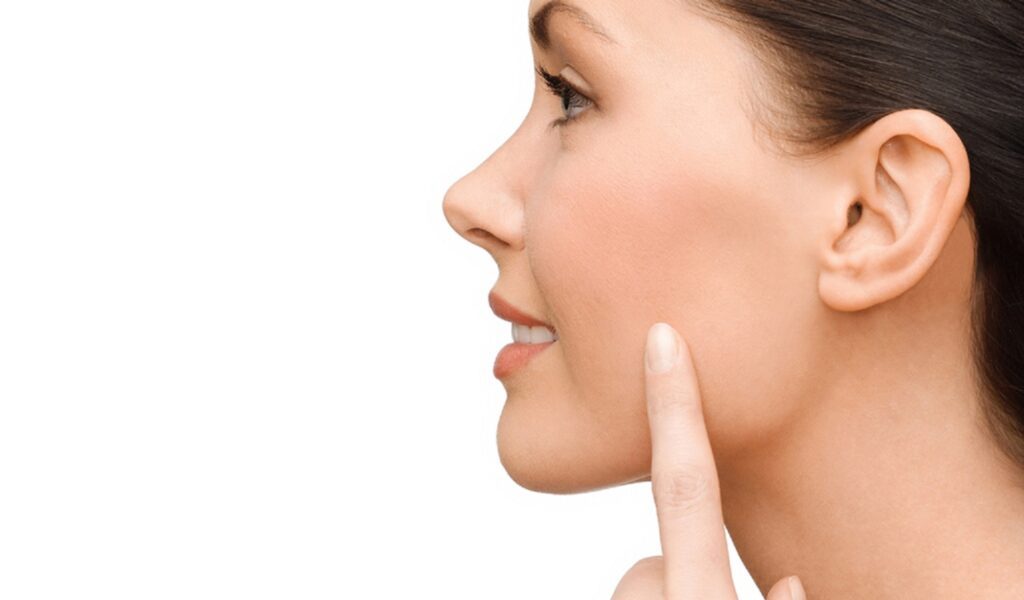Cheek reduction surgery, also known as buccal fat removal, is a cosmetic procedure designed to reduce the prominence of the cheeks by removing the buccal fat pads located in the lower part of the cheeks. This surgery is especially popular among individuals looking to achieve a more contoured, chiseled facial structure. By slimming the face, this procedure enhances definition in the cheekbones and jawline.
Many people opt for cheek reduction surgery because of genetics—round cheeks may persist even with weight loss. For those seeking permanent facial sculpting beyond non-invasive options like Botox Houston treatments, this surgery can be the ideal choice. Clinics like Premiere Surgical Arts offer advanced options for individuals considering this procedure.
However, like all surgeries, cheek reduction comes with its own set of risks and potential side effects. Understanding them is crucial before making an informed decision.
What Are the Common Risks of Cheek Reduction Surgery?
While cheek reduction surgery is generally considered safe when performed by a board-certified plastic surgeon, it is not without risks. Some of the common risks include:
- Infection
Infection is a possibility with any surgical procedure. Even with proper sterilization and post-operative care, bacteria may enter the surgical site, causing redness, swelling, and discomfort. Antibiotics are usually prescribed to prevent or treat infections. - Excessive Bleeding
Although rare, excessive bleeding can occur during or after the procedure. Patients are advised to stop taking blood-thinning medications such as aspirin at least a week before surgery to reduce this risk. - Nerve Damage
One of the more serious risks is potential nerve damage. The buccal fat pads are located near facial nerves that control movement and sensation. Damage to these nerves could lead to numbness, muscle weakness, or facial asymmetry. - Facial Asymmetry
Cheek reduction surgery requires precision. If more fat is removed from one side than the other, it may result in facial imbalance. This is why it’s critical to choose a skilled and experienced surgeon. - Unfavorable Scarring
Although the incisions are made inside the mouth and therefore not visible, some patients may still develop scar tissue that causes tightness or discomfort. This is particularly a concern if post-operative care instructions are not followed.
What Are the Potential Side Effects After Surgery?
Side effects are generally temporary but can be uncomfortable. These include:
- Swelling and Bruising
Swelling is expected in the days following the procedure. Bruising may also occur, especially around the midface. These effects typically subside within 1-2 weeks. - Pain and Discomfort
Some degree of pain is natural after any surgery. Patients might feel soreness in their cheeks or jaw area. Over-the-counter or prescribed pain medication usually helps manage this. - Difficulty Eating or Speaking
Since the incisions are made inside the mouth, eating and speaking may be uncomfortable for a few days. Patients are often advised to consume soft foods and avoid spicy or acidic items during the initial healing period. - Dry Mouth or Salivary Gland Issues
Temporary changes in saliva production or dry mouth may occur, particularly if patients aren’t hydrating properly or are breathing through their mouths post-surgery. - Temporary Numbness
Numbness in the cheeks may persist for a few days to weeks. In most cases, this fades away as the nerves heal.
How Can You Minimize the Risks of Cheek Reduction Surgery?
To reduce the likelihood of complications and side effects, follow these best practices:
- Choose an Experienced Surgeon
Make sure to consult a board-certified plastic surgeon who specializes in facial procedures. Clinics like Premiere Surgical Arts offer top-tier services with seasoned professionals known for successful outcomes in cheek reduction surgery. - Follow Pre-Surgical Guidelines
Patients should stop smoking, avoid certain medications, and maintain good oral hygiene before surgery. These practices enhance healing and reduce risks. - Commit to Post-Surgical Care
After surgery, keeping the mouth clean, using prescribed mouth rinses, and attending follow-up appointments are key. Avoiding strenuous activities and sticking to the prescribed diet will also help with faster recovery. - Stay Informed About Alternatives
Sometimes, non-invasive alternatives like Botox Houston treatments may offer sufficient facial contouring without surgery. Discuss all options with your surgeon to determine what suits your facial anatomy and goals best.
Who Should Avoid Cheek Reduction Surgery?
Not everyone is an ideal candidate for cheek reduction surgery. Individuals should avoid this procedure if they:
- Are significantly overweight (as facial fat may redistribute with weight loss)
- Have unrealistic expectations about results
- Have underlying medical conditions that could impair healing
- Already have a narrow or gaunt facial structure
In such cases, alternative treatments or simply maintaining facial fullness might be more appropriate for long-term aesthetic balance.
What Should You Expect During Recovery?
- Initial Recovery (0–7 Days):
You’ll likely experience swelling and mild discomfort. Your surgeon may prescribe antibiotics and pain medication. Soft foods and limited physical activity are recommended. - Mid Recovery (2–4 Weeks):
Swelling begins to diminish, and facial contours become more visible. Most patients can return to work within a week but should avoid high-impact exercise until cleared. - Final Results (2–3 Months):
Once all the swelling has resolved, the full results of your cheek reduction surgery become evident. At this stage, you’ll see more defined cheekbones and a contoured midface.
What Happens If You Don’t Like the Results?
In rare cases, patients may feel dissatisfied with the results. If this happens:
- Discuss your concerns with your surgeon
- Wait for complete healing before considering revision
- Explore possible corrective options, including dermal fillers or fat grafting
Open communication with your surgical team, such as the experts at Premiere Surgical Arts, ensures that you receive support throughout the process.
Conclusion: Is Cheek Reduction Surgery Worth It?
Cheek reduction surgery can be a life-changing procedure for those looking to achieve a more sculpted and refined appearance. However, like all surgical procedures, it carries certain risks and side effects. The key to a successful outcome lies in choosing a qualified surgeon, following all care instructions, and setting realistic expectations.
For individuals in Houston, top-rated clinics such as Premiere Surgical Arts offer not only cheek reduction surgery but also complementary treatments like Botox Houston for holistic facial rejuvenation. Always prioritize safety, expertise, and a personalized treatment plan when considering cosmetic procedures.














